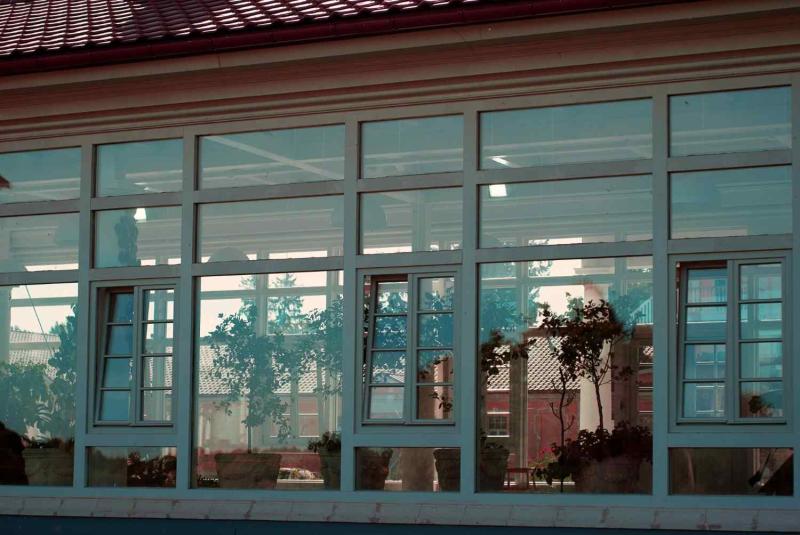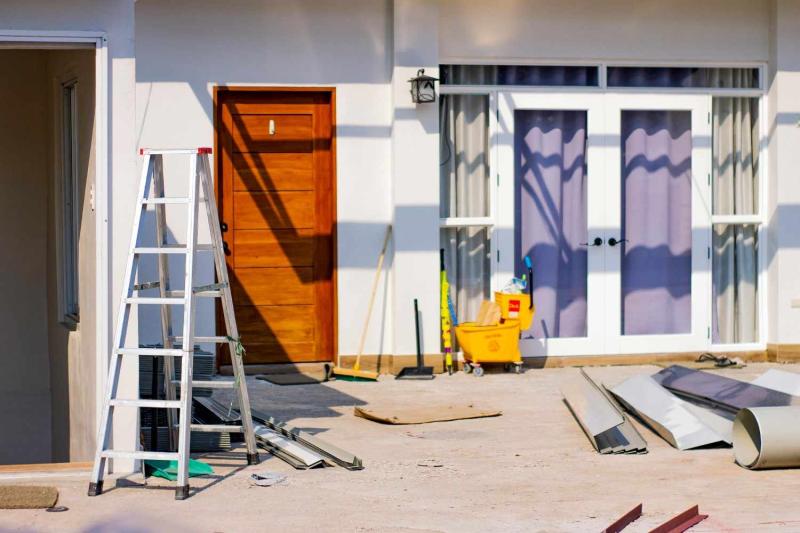Exploring the Role of a Rehab Clinic in Recovery

Rehabilitation clinics play a pivotal role in helping individuals overcome challenges related to addiction and mental health. These specialized facilities offer structured environments where patients can focus on recovery with the support of trained professionals. A rehab clinic combines medical care, therapy, and holistic approaches to address the underlying causes of addiction, while empowering individuals to regain control over their lives.
The Importance of a Structured Environment
One of the key advantages of a rehab clinic is the structured environment it provides. This setting removes individuals from the triggers and stresses of their everyday lives, allowing them to concentrate fully on their recovery journey. The routines and schedules implemented in these clinics create a sense of stability, which is often missing during periods of addiction. This structure helps individuals develop healthy habits, manage their time effectively, and stay focused on their treatment goals.
A supportive environment also fosters a sense of community. Being surrounded by others on a similar path to recovery reduces feelings of isolation and provides opportunities for peer support. Group therapy sessions and shared activities encourage participants to connect, share experiences, and motivate one another.
Comprehensive Treatment Programs
Rehabilitation clinics take a comprehensive approach to treatment, addressing not only the physical aspects of addiction, but also the psychological and emotional factors that contribute to it. Detoxification is often the first step, providing medical supervision as the body clears itself of substances. This phase is critical for ensuring safety and comfort during withdrawal, as well as setting the stage for further therapeutic work.
Therapy is the cornerstone of the recovery process. Individual counseling allows patients to explore the root causes of their addiction, uncovering patterns and behaviors that may have led to substance use. Cognitive Behavioral Therapy (CBT) and other evidence-based approaches help patients develop coping mechanisms and strategies to manage cravings and stress.
Group therapy complements individual sessions by fostering connection and providing diverse perspectives. Family therapy is also common in rehab clinics, as it helps rebuild relationships and addresses the impact of addiction on loved ones. This holistic approach ensures that treatment is not just about quitting substances, but also about creating a healthier, more balanced life.
The Role of Aftercare in Sustaining Recovery
Recovery doesn’t end when a patient leaves a rehab clinic. Aftercare programs are an essential component of the rehabilitation process, providing ongoing support and resources to help individuals maintain sobriety. These programs often include outpatient therapy, support groups, and access to counseling services. Many rehab clinics also offer alumni programs, creating a network of past participants who provide encouragement and accountability.
Relapse prevention is a major focus of aftercare. By equipping individuals with strategies to handle triggers and cope with setbacks, these programs empower patients to sustain their progress in the long term. Regular follow-ups with therapists and counselors ensure that individuals remain on track and can address any challenges as they arise.
The Holistic Approach to Healing
Modern rehab clinics recognize that recovery is about more than just addressing addiction. A holistic approach considers the physical, mental, and emotional well-being of the individual. Wellness activities such as yoga, meditation, and art therapy are often incorporated into treatment plans, helping patients manage stress and build a stronger connection to themselves.
Nutritional support and fitness programs further enhance the healing process, as physical health is closely linked to mental and emotional stability. By focusing on the whole person, rather than just the addiction, rehab clinics empower individuals to build a foundation for lifelong wellness.
A Path Toward Transformation
A rehab clinic offers more than just treatment—it provides a path toward transformation and hope. By creating a supportive and structured environment, offering comprehensive care, and emphasizing the importance of aftercare, these facilities play a crucial role in helping individuals reclaim their lives. Whether facing addiction or mental health challenges, seeking help from a rehab clinic can be the first step toward a brighter and healthier future.









Comments